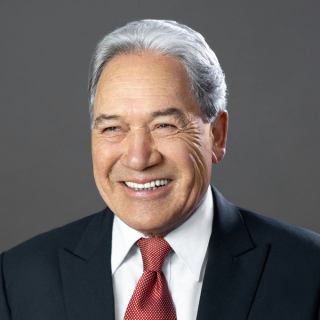Supercomputers and quantum computers: What roles in the technological power of Europe?

Practical information
Registration for this event is now closed.
Find out more about our donor programsA "Les Jeudis de l'Ifri" videoconférence around Alice PANNIER, Research Fellow, Head of Ifri's Geopolitics of Technology Program.

The race for computing power has become a key element in international technological competition, particularly between China and the United States, and is also a strategic priority for Europe. What place can Europe hope to regain in the field of IT? What opportunities and challenges does quantum computing pose today, and how can Europe reap its economic, societal and security benefits?
Chair : Thomas Gomart, director of Ifri.
This debate is for corporate members only. It will be conducted in French.
Speakers
Find out more
Strategic Calculation: High-Performance Computing and Quantum Computing in Europe’s Quest for Technological Power
Computing power plays a key role in enabling machine learning, for scientific research, and in the military domain. Therefore, the race for computing power has become a key element of the US-China technological competition, and it is also a strategic priority for Europe.
Related Subjects
Other events

Navigating War, Reforms, and Secure Future: Ukraine’s EU and NATO Accession Path
Exclusive conve

Lunch debate with Winston Peters, Deputy Prime Minister and Minister of Foreign Affairs of New Zealand
Discussion co-chaired by Thierry de Montbrial, Executive Chairman of Ifri, member of the Academy of Moral and Political Sciences, and Marc Hecker, Deputy Director of Ifri (in English without translation).

Shaping Europe’s Technological Sovereignty
In the wake of Donald Trump's re-election in the United States, Europeans face a crucial imperative: rethinking their sovereigny, especially in the technological realm. What will be the strategic priorities and action levers of the new European Commission on this issue? What assessment can we make of the previous Commission’s achievements and challenges in navigating Sino-American technological competition, transatlantic dependencies, and emerging global partnerships?













